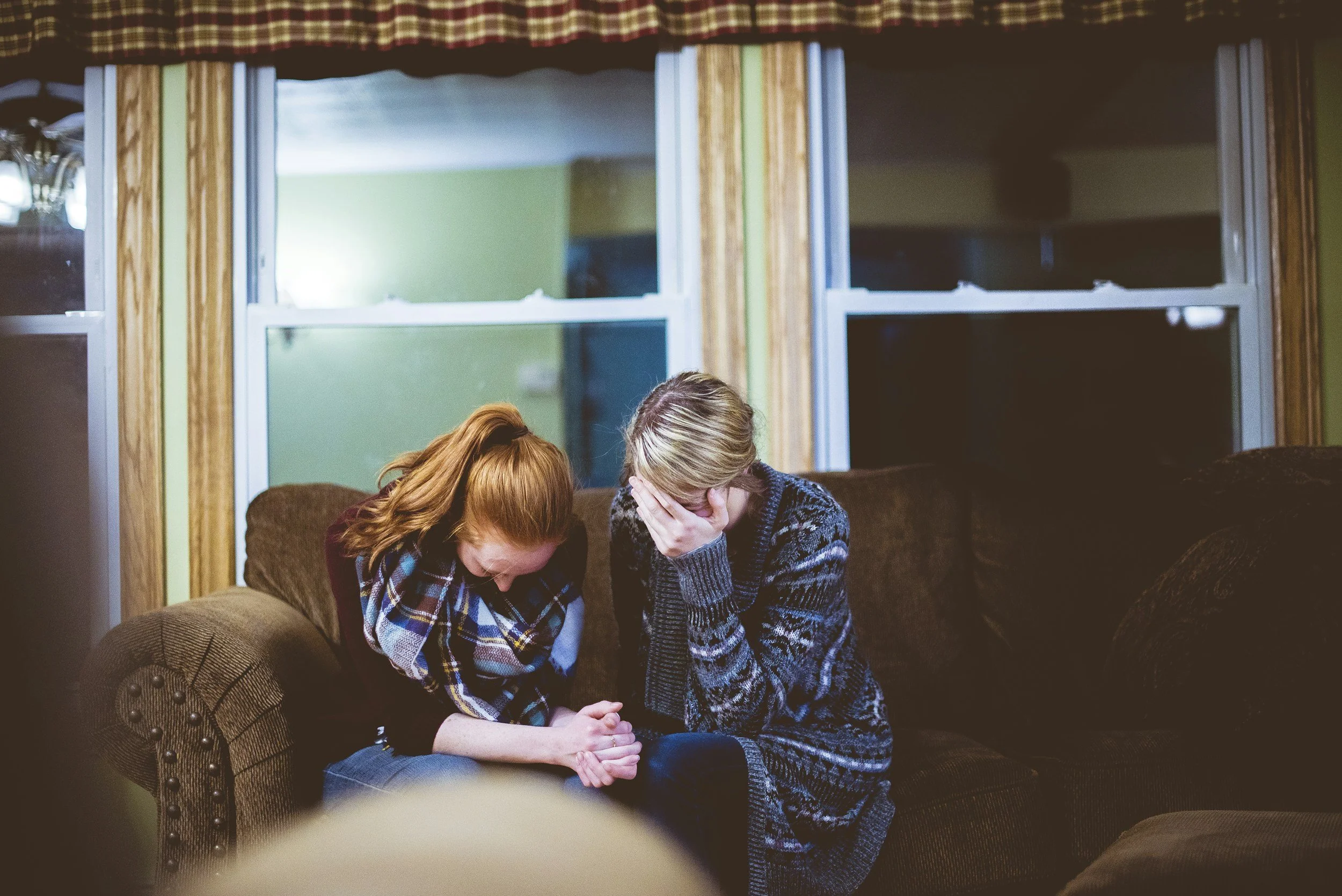
Pregnancy Loss & Infertility Support
Grief and Loss Therapy offers support for individuals or couples navigating the emotional, mental, and physical impact of losing someone (or something) deeply meaningful. This form of counseling provides a safe, compassionate space to process grief, understand your emotions, and begin to heal and adapt in your own time.
Grief is a deeply personal experience, and when it arises from pregnancy loss or the struggle with infertility, it can feel especially isolating. At the core of my practice is a commitment to supporting individuals and couples through these profoundly difficult and often unspoken journeys. Whether you're mourning a miscarriage, facing recurrent pregnancy loss, or coping with the ongoing emotional toll of infertility, you deserve a space where your grief is acknowledged, validated, and gently held.
I provide a supportive, nonjudgmental environment where you can explore your emotions, rediscover your voice, and move toward healing at a pace that feels right for you. With a specialized focus on reproductive loss, I bring both clinical expertise and heartfelt empathy to help you navigate complex emotions such as sadness, guilt, anger, and uncertainty.
You don’t have to go through this alone. Grief related to pregnancy or infertility is real—and your story matters here.
Therapy Can Help You Navigate:
Emotional Healing
• Shock, sadness, or numbness
• Guilt, self-blame, or anger
• Anxiety about future pregnancies
• Feelings of depression or emptiness
Relationship Strain
• Different grieving styles between partners
• Changes in intimacy and communication
• Feeling misunderstood by loved ones
Social and Cultural Pressures
• Isolation when others don’t understand
• Hurtful comments or pressure to "move on"
• Being surrounded by pregnancy or parenting milestones
Identity & Future Planning
• Questioning your identity as a parent
• Fear of trying again or facing infertility
• Rebuilding your vision for the future
Medical & Physical Aftermath
• Processing the medical experience
• Coping with physical recovery
• Fear of medical procedures or future complications
Milestones & Triggers
• Due dates and anniversaries
• Baby showers or pregnancy announcements
• Returning to work or facing social situations
Each person’s journey is unique, and therapy can help them process these layers of grief with care, understand their emotions, and begin to rebuild hope and connection.

